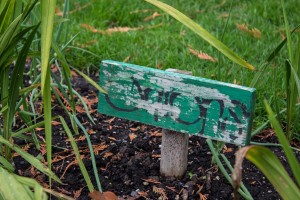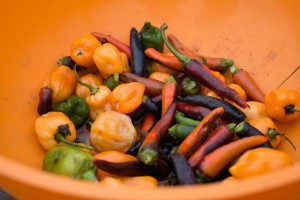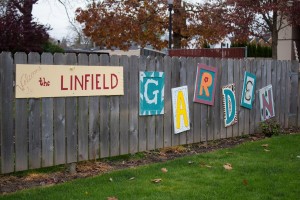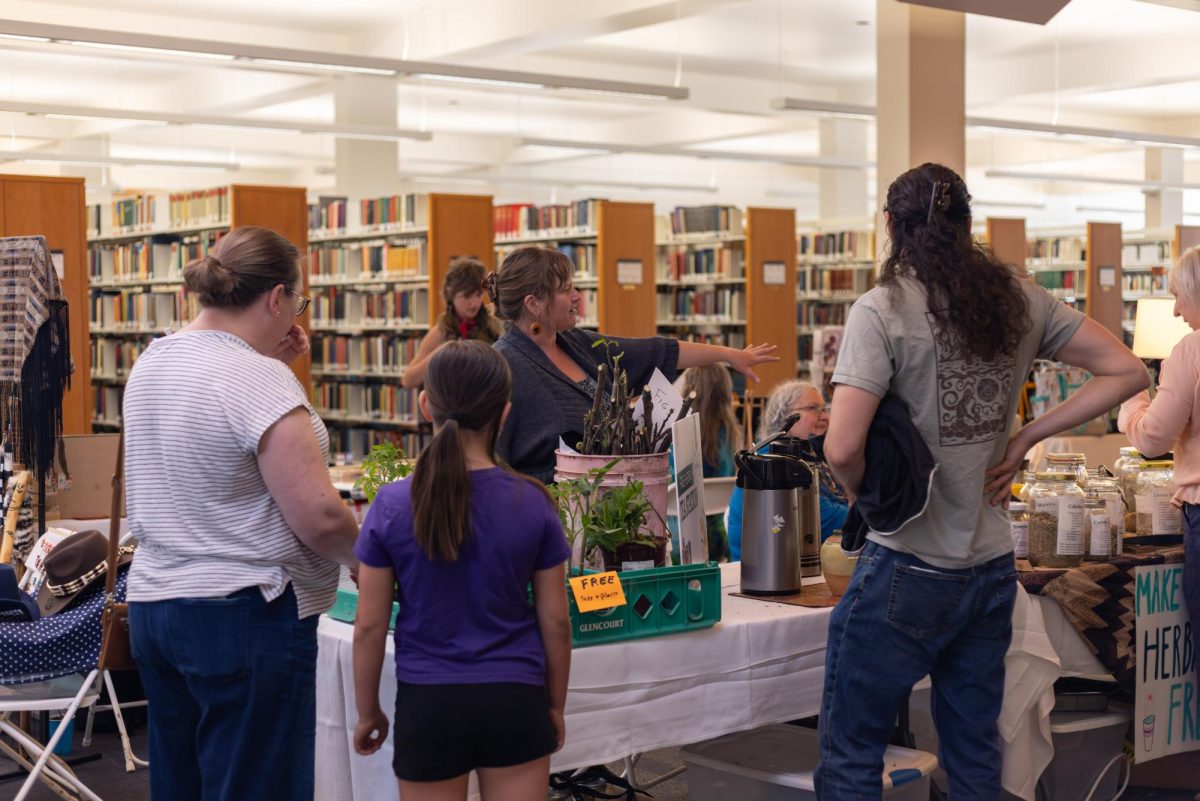As the days shorten and the cold takes over, two things begin to happen: students wilt and plants die. The latter puts a

significant damper on the beauty that is Linfield’s community garden.
Not to fret, though, because although the garden fences will no longer be decorated with life affirming sun flowers and mysterious green roots, the garden is still producing a few winter treats.
Lettuce, Brussels sprouts, garlic, kale, radishes, carrots, beets, mint, peppers, and broccoli will continue to grow throughout the winter.
One of the more exciting winter crops that the community garden has to offer are chili peppers and habanero peppers. Unfortunately, these

spicy, and mildly dangerous treats, may not make it through the winter.
There would be a few more crops, but local deer have been taking advantage of the garden which, according to garden manager, Alex McCarrel, is a major problem that the garden faces.
As for the rest of the garden, the garden club has set down newspaper over the soil, which will keep weeds from growing as well as helping the soil through decomposing.
The newspaper is covered in leaves and sticks in order to keep it from blowing away.

The Linfield Garden plays a big part in sustainability on campus. The produce grown in the garden is used by chefs in Dillin Hall to make the food that is served to students. The garden’s produce is grown all year long, even in the winter months. The garden’s produce consists of peas, corn, beans, carrots and potatoes.
“We’re just going to put a whole bunch of stuff. So, this summer we planted as much stuff as we could; a lot of random stuff and some of that turned out to be not very popular like kohlrabi and some more obscure vegetable.
So, we will probably go a lot more popular and we’ll probably focus on potatoes, corn, peas, beans, carrots, stuff that maybe Dillin could use or students will be able to use,” McCarrel said when asked about the garden’s plans for next spring and summer.
Linfield’s campus is truly lucky to have some a beautiful and fruitful commodity on campus.
For more information about Linfield’s garden and the Garden Club, contact Alex Lazar, a member of the club, at [email protected]
Paige Jurgensen / Columnist
Paige Jurgensen can be reached at [email protected]






